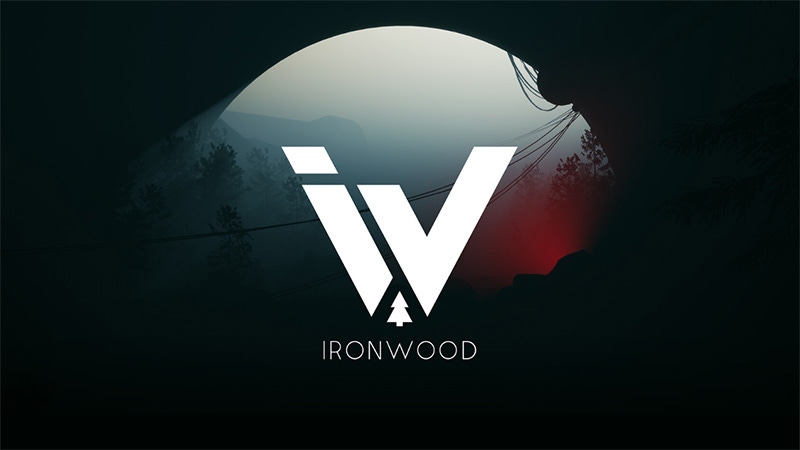Trending
Opinion: How will Project 2025 impact game developers?
The Heritage Foundation's manifesto for the possible next administration could do great harm to many, including large portions of the game development community.
Ironwood Studios creative director Alex Dracott discusses the modern process of spinning up a new studio.

In the last couple of years, the flush-with-cash video game industry has seen a number of high-profile new studios pop up on the market. These range from the new startups led by experienced developers fleeing their former employers (your Second Dinners, your Dark Passengers, whatever Jeff Strain is opening up this week) to the higher-profile branches of larger companies like EA, Netflix, and even Annapurna Interactive.
It's a lot of money to throw around, and with that money comes a lot of pressure. One studio that hews closer to the former group of companies is Ironwood Studios, the developers behind Pacific Drive. Founded by Alex Dracott, it's one of the lucky companies that managed to attract investment thanks to a strong team and great game idea.
But great games and great people don't always make for great companies. And with a lot of money on the line, they can run the risk of turning into a bubbling pot that might boil over. In our chat with Dracott about the design inspirations for Pacific Drive, the longtime industry technical artist was unusually candid about how he and his colleagues have navigated the studio's early days.
We wanted to spin those insights out from our conversation about cars and Pacific Northwest vibes, for the benefit of any other enthusiastic creatives looking to strike it out alone. Here's what he shared:
When Dracott began to mess with the prototype that would become Pacific Drive, he at first toyed with the idea of staying independent, making the game as a solo developer. But as the idea grew more fleshed out, he realized he'd need more help with the project, and his next thought was that he wanted to make "a healthy place that I would want to work at."
Dracott kicked off that process around when the COVID-19 pandemic started; he noted that the company only recently moved into a Seattle office space. He said a lot of the company's best practices came from talking to the developers joining the studio and talking to colleagues across the game development scene. "It affects the little things, right?" he said. This led to policies that would help shape how the company hires new workers.
"If we're going to do an art test or a writing test, we're gonna make sure that those people are paid, because we want to respect other people's time," he said.
📢ALERT! You are within the bounds of the Olympic Exclusion Zone. If you can hear this message you are trespassing on government property, evacuate immediately. #PacificDrive #gamedev pic.twitter.com/BJsdUpkrUA
— Ironwood Studios | Pacific Drive (@ironwoodtweets) October 25, 2022
Dracott also put his foot down on one other key leadership challenge: he wanted nothing to do with the company's human resources division. He "put his foot on the ground" on this topic, because he wanted "an independent party" for his employees to interface with.
Ironwood Studios "took a while" to find a third-party HR company to work with, but Dracott was left with plenty of other "getting a company running" work in the meantime. Now that the studio has a physical location, he had to hire a janitorial crew. He regularly listens to how his colleagues react to company policy changes at other studios.
"Funding...gives you a certain amount of privilege," he said. "That privilege can be used in numerous different ways." In Ironwood's case, he pointed to two indicators of how he wanted to use that privilege for good, rather than exploitation.
First, Dracott said he wanted grow slowly and organically when possible. He said that it's helped the team identify when there's an "emergency" and the company needs to expand more rapidly to solve a development problem.
Second, he's watched how his employees have made use of the company more flexible time off options—and more crucially, how their colleagues have reacted. Some team members have apparently checked in with messages saying they're taking a mental health day, or stepping out for a family issue and they're regularly greeted with positive responses from colleagues.
"They bleed over in a positive way as people take care of each other," Dracott observed.
Dracott's insights likely parallel many other company leaders who rose through the ranks as developers before stepping into a more management-focused role. Whether you're starting up your own studio or assuming new leadership at an existing one, it'll be worth watching Ironwood's work to see how these policies play out.
Developer-friendly workplace policies already fueling an interesting-as-heck game, hopefully they help shape a healthy development culture for years to come.
Read more about:
FeaturesYou May Also Like